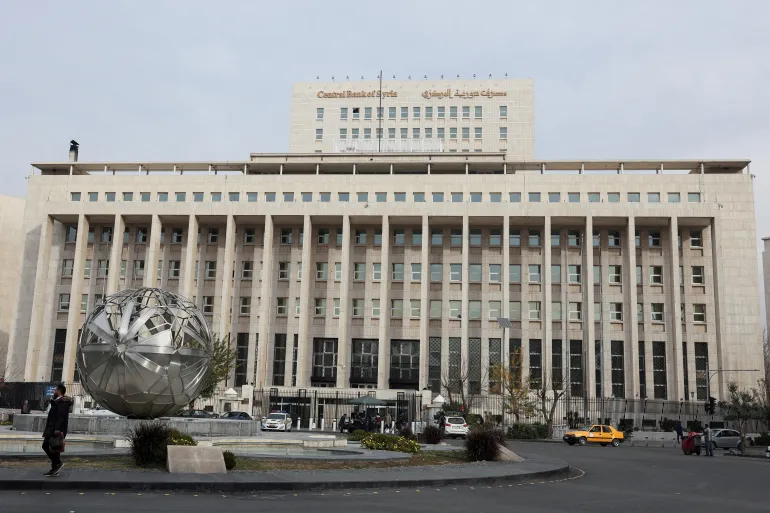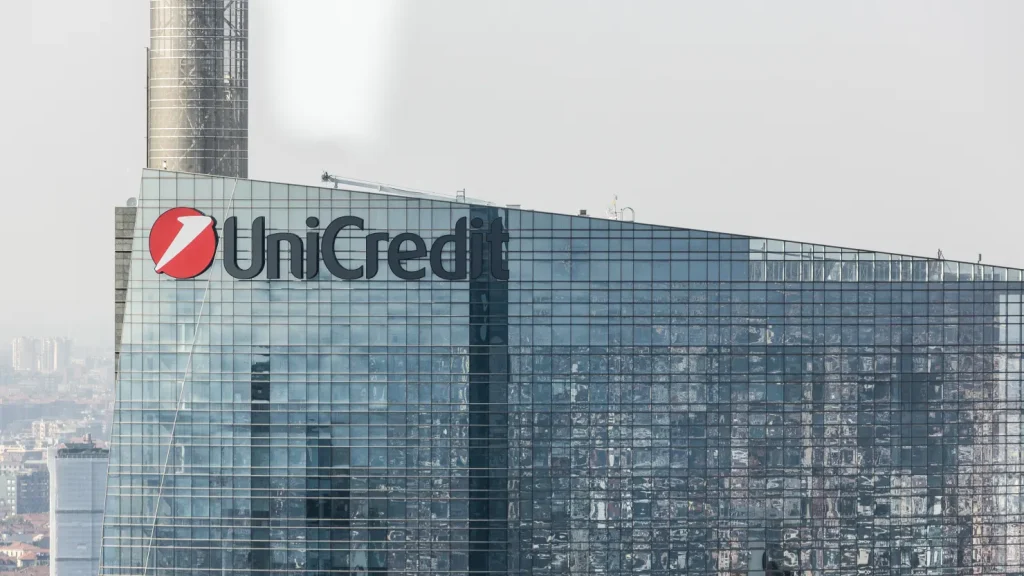Maysaa Sabrine becomes first woman to lead Syria’s central bank

In a historic move, Maysaa Sabrine has been appointed as the first female governor of Syria’s central bank, marking a significant milestone for gender equality in the country’s financial sector. This appointment announced recently, is seen as a groundbreaking achievement in a nation long governed by traditional norms and patriarchal structures. Sabrine’s new role represents a notable shift in Syria’s approach to leadership in its financial institutions, where women have typically been underrepresented in top positions.
Sabrine, a seasoned economist with extensive experience in financial management and banking, will take over the helm of the Syrian Central Bank at a time when the country’s economy is in a precarious state. After over a decade of civil war, Syria is grappling with crippling sanctions, economic instability, and a dire need for reforms. As the first woman to occupy this critical position, Sabrine’s leadership is being closely watched, both domestically and internationally, as she takes on the monumental task of stabilizing and revitalizing Syria’s financial system.
A Breakthrough for Women in Syria’s Financial Sector
Maysaa Sabrine’s appointment has been hailed as a historic step forward for women’s representation in Syria, especially in the male-dominated field of economics and banking. Although women have made strides in some sectors, positions of high authority have remained largely inaccessible to them. In a region where gender roles are often more rigid, Sabrine’s ascension to one of the most powerful financial posts in the country is groundbreaking.
Sabrine’s appointment was met with praise from women’s rights advocates and supporters of gender equality, who view her rise to power as a beacon of progress. By breaking the gender barrier at the top of the central bank, Sabrine offers a role model for young women across Syria and the broader Middle East, where women have been underrepresented in leadership roles. Her success is particularly significant in Syria, where societal and cultural barriers have often hindered women from assuming positions of authority, especially in key institutions like the Central Bank.
A Critical Moment for Syria’s Economy
Syria’s economy is in dire straits after more than a decade of civil war, which has left the country with widespread destruction, massive displacement, and a near-total collapse of infrastructure. In addition, the Syrian government faces harsh economic sanctions from the United States and the European Union, which have further exacerbated the crisis. As Syria’s new central bank governor, Sabrine will need to navigate these complex challenges while restoring confidence in the country’s financial system.
One of her primary challenges will be addressing Syria’s currency crisis. The Syrian pound has lost much of its value against foreign currencies in recent years, with the country experiencing severe inflation and economic contraction. With the ongoing sanctions and limited access to global financial markets, restoring the value of the currency and stabilizing inflation will require bold and innovative strategies.
In addition, Sabrine will be tasked with implementing much-needed reforms within Syria’s banking system. Years of instability have left the sector fragile, and many Syrian banks are struggling with liquidity issues, non-performing loans, and limited access to international finance. To restore stability, Sabrine will need to overhaul the banking system, introduce transparent financial practices, and encourage greater domestic and international investment.
Sabrine’s Background and Qualifications
Maysaa Sabrine is not new to the world of economics and banking. With a strong academic background and years of professional experience, she is well-equipped to lead Syria’s central bank during this critical period. Sabrine holds advanced degrees in economics and finance and has worked in various high-level positions within Syria’s financial sector. Before her appointment, she served in some key roles at both government and private financial institutions, where she gained a reputation for her expertise in economic strategy and financial management.
Sabrine’s experience in financial policy and her deep understanding of Syria’s economic challenges are expected to serve her well as she takes on the responsibilities of the central bank. However, her task will not be easy, as Syria’s financial sector remains fragile, and many obstacles lie ahead. The country’s ongoing war, foreign sanctions, and the reconstruction process all present significant hurdles that Sabrine will need to address to guide Syria back toward economic stability.
Reactions to Her Appointment
Maysaa Sabrine’s appointment has sparked significant reactions both inside Syria and abroad. Domestic reactions have been largely positive, with many Syrians hopeful that her leadership will bring much-needed reform and stability to the financial sector. International observers have expressed cautious optimism, noting that while Sabrine’s qualifications and experience are impressive, the challenges she faces are immense. With Syria’s strained relationships with the global community, particularly the West, gaining international trust will be one of her major tasks.
Women’s rights groups have also hailed Sabrine’s appointment as an important step toward gender equality in Syria. Many see it as a symbolic victory for women in a country where progress in terms of women’s rights has often been slow and uneven. Her rise to the top of the central bank may inspire other women to pursue careers in economics, finance, and other leadership positions in the future.
As Maysaa Sabrine takes charge of Syria’s central bank, she faces the formidable task of steering the country’s economy through its most difficult period in recent history. Her leadership will be closely scrutinized by both domestic and international stakeholders, and much of her success will depend on her ability to navigate Syria’s economic and political complexities.
Despite the challenges, Sabrine’s appointment represents a turning point for women in Syria and the broader region. It signals that change is possible, even in the most difficult of circumstances, and highlights the importance of diversifying leadership in key sectors like finance. As she moves forward with her tenure, Sabrine’s actions will likely have a lasting impact on both Syria’s economy and its ongoing push toward greater gender equality.






